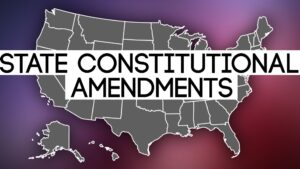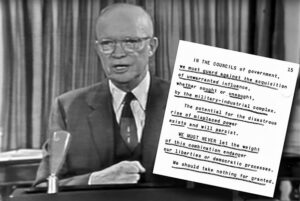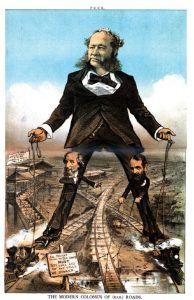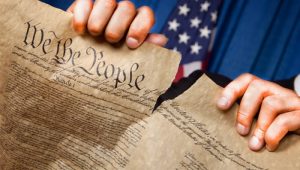I just read a fascinating story from the Los Angeles Times about how states are conned in the Taxpayer funded movie industry. Taxpayer funded movie industry, you rightly ask? I’m afraid so. How is that possible, you ask? Because we live in a free money, crony-capitalism country.
Basically, fly-by-night movie companies come to your state and film low-budget movies with aging name stars and get almost the entire thing paid for with tax dollars. From what I can tell, it’s largely a Ponzi scheme with the next state in line paying the overdue bills from the previous production. Let’s get into it.
Randall Emmett is Running the Show
Who is Randall Emmett? A movie producer who was accused of various sexual transgressions on his movie sets and in his personal life. This did not stop him from producing movies. He just started up a new production company making low-budget movies.
How is this a Taxpayer Funded Movie Industry?
The scheme is relatively simple. Many states are eager to have a movie made in their confines. They use Taxpayer money to “reimburse” film-makers who shoot in their states. The film-maker usually makes various promises about how long the shoot will take, where, and how many jobs it will create. The usual business mantra for fleecing states of Taxpayer money.
In any case, they film the movie on a shoe-string budget paying a high-profile, but usually late in his career actor, seven figure salaries for a day or two of shooting. They then lollygag on payments to the rest of people involved, including the law enforcement teams assigned to the set.
Then it’s off to a new state, with new promises, a few million dollars to pay off the old debts and a new actor. Rinse repeat. The movies themselves are largely trash although they probably generate enough money to make the entire enterprise profitable as long as there is another gullible governor lined up to dish out your money.
Scummy?
You bet. This is the world we live in. It’s easier to make a profit with Taxpayer funds and a bad movie than it is to produce a quality product.
The obvious problem here is that states are willing to dispense money to businesses on the promise of new movies, new factories, new jobs, etc. I’ve said it before and I’ll say it again. The state and the corporations need to be separate for the health of both.
There should be no tax-breaks, no reimbursements, and no incentives of any kind to conduct business in a particular state or municipality. A business should only survive and thrive on the merits of its product or service.
Businesses and politicians are far too chummy, and it is not working for We the People. It’s not.
Tom Liberman



















